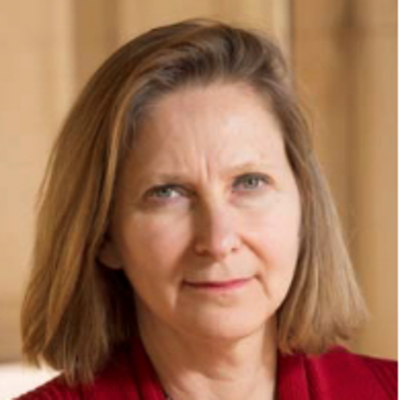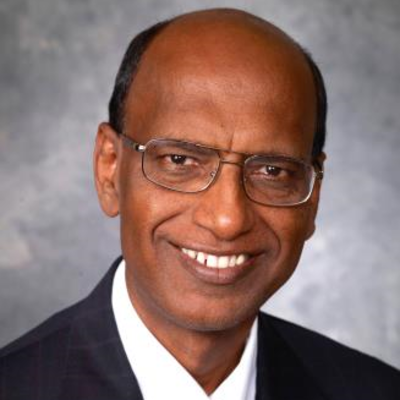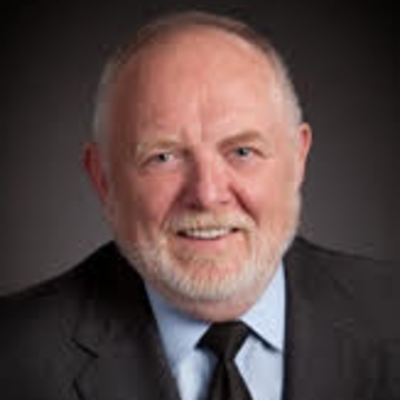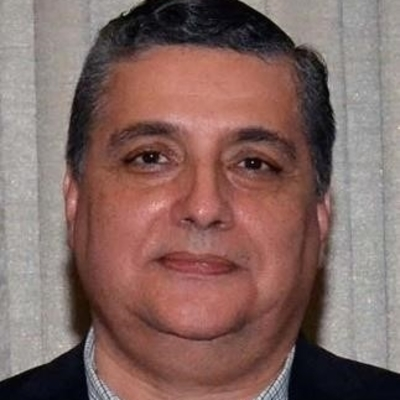GLOB-04: From Academia to Market: Translational Research and Transition to Practice Plans to build the Digital Energy Infrastructure for Smart Cities
GLOB-04: From Academia to Market: Translational Research and Transition to Practice Plans to build the Digital Energy Infrastructure for Smart Cities
Energy and more specifically, smart, reliable, affordable and sustainable energy is one of the key infrastructures (services) in any successful Smart City project. This type of projects has the basic goal of improving people’s lives and the quality of living of its citizens using technology to enhance and improve such basic services as public safety, electricity, public transportation, water, sanitation, public health and telecommunications. As most of these services, electricity generation, transmission and distribution is considered part of the critical infrastructure with tight interdependencies with other city’s services. Academic research in this area has grown in recent years covering a wide spectrum of topics related to sustainable energy and smart cities. As more digital technology is being incorporated into the energy infrastructure and as it transitions into a more complex system of systems (SoS) architectures, academic research in SoS, cyber-physical security, system complexity and networks has also increased. Inter-disciplinary research in digital energy systems cover such topics as distributed energy resources (DERs) and Micro-Grids, intelligent controllers, internet of things (IoT) devices, smart power inverters, smart meters, EV recharging stations, electrification of transportation systems, energy storage systems, wireless communication systems, wide-band-gap materials, and cloud-based computing platforms, among others; these are coupled with research in new algorithms (e.g. machine learning, stochastic control, load balancing, etc.) and data analytics. Overall, the convergence of digital technology and smarter energy systems are providing the platform for the creation of new ecosystems of products and services that will drive new waves of innovation and sustainable economic growth as part of smart city projects.
Since a significant part of this innovation starts at universities’ labs, there are huge opportunities for increasing our efforts on translating some of the results of academic research into practical solutions and implementations.
In this panel session, we will discuss how some of the latest applied and translational research conducted at universities together accelerated transition to practice plans (TTP) and innovative business models can help to create the new ecosystems needed to support the digital energy infrastructure for sustainable smart cities.
Session Category : GLOBAL SMART CITIES







